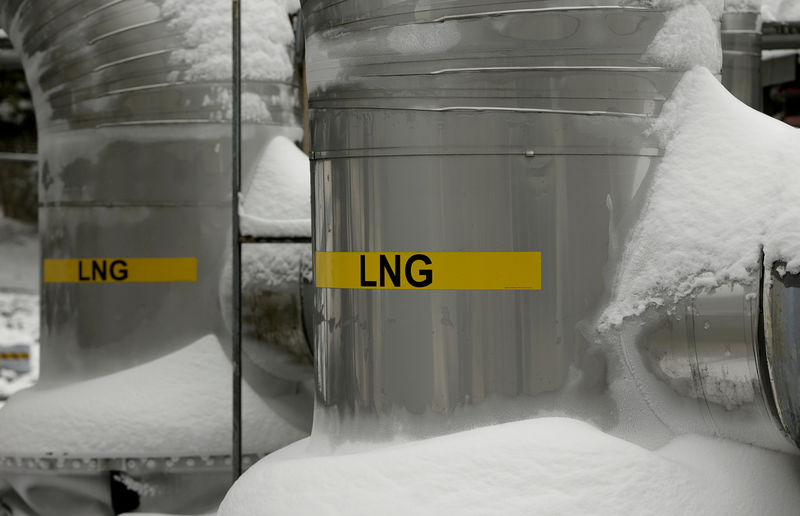Investing.com -- The natural gas market is currently facing a complex set of challenges that are shaping its outlook for the near future.
“Nevertheless, the outlook is not without significant constraints. Investment within the sector has been notably weak, driven by reduced capital expenditure across the board,” Alessandro Valentino, Product Manager at VanEck, told Investing.com.
Valentino pointed out that the surge in natural gas prices du ring the second quarter of 2024 was largely driven by increased cooling demands in Asia, exacerbated by extreme summer temperatures.
Moreover, persistent supply threats, particularly from Russian sources, have continued to support elevated prices. However, despite these drivers, the sector's outlook remains clouded by several major obstacles.
One of the primary concerns is the lack of investment within the natural gas sector. Reduced capital expenditure has hindered the development of new projects, while ongoing supply chain disruptions and heightened geopolitical risks, such as the conflicts in Ukraine and tensions in the Middle East, further complicate the sector's ability to meet growing demand efficiently.
Recent data from the U.S. Energy Information Administration (EIA) indicates a moderate surplus in supply, with working gas in storage as of August 8, 2024, standing at 3,332 billion cubic feet (Bcf), slightly above the five-year average. Meanwhile, China's natural gas imports have shown robust growth, with a 9.6% year-on-year increase in natural gas output in June.
“The combination of increased demand due to slower-than-anticipated global economic growth and moderate supply surpluses, as reflected by recent data, does not suggest huge price appreciations in the very short term,” Valentino said. The natural gas market remains highly intricate, with various forces at play that could influence its direction in the coming months.
Piper Sandler trims natural gas and oil price forecasts
Piper Sandler has revised its energy market outlook, lowering its price forecasts for both natural gas and oil.
The brokerage cut its 2025 Henry Hub natural gas forecast to $3.25 from $4.00 per MMBtu, citing slower LNG export growth and more efficient production.
A current surplus of over 450 Bcf in natural gas storage and new infrastructure, especially in the Permian Basin, are also influencing the downward revision.
For oil, Piper Sandler adjusted its 2025 forecasts, with West Texas Intermediate (WTI) now expected to average $71 per barrel, down from $81, and Brent crude at $75, down from $85.
The revisions reflect expectations of lower global demand and a potential U.S. recession, despite OPEC's efforts to stabilize the market.
The energy outlook remains uncertain, with various factors at play that could further impact prices.
